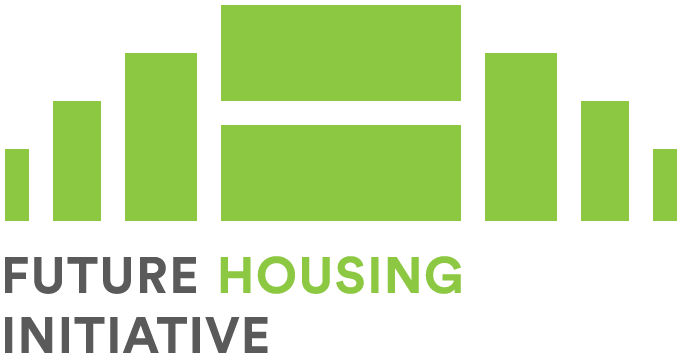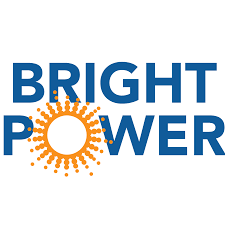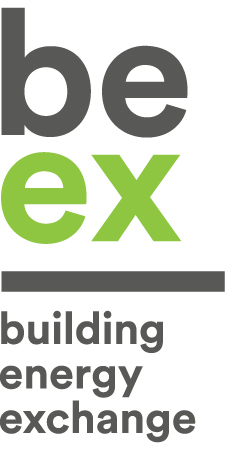The Future Housing Initiative is a new endeavor launched by Bright Power and Building Energy Exchange to help drive the transition to low-carbon, multifamily housing with real world data and analysis of building performance.
This initiative spans two projects: Underwriting Standards for Low-Carbon Housing, sponsored by NYSERDA, and an Equity, Health, & Carbon Database for Multifamily Housing, sponsored by Bank of America.

Underwriting Standards for Low-Carbon Housing
A two-year effort to catalyze underwriting of low-carbon multifamily projects at scale.
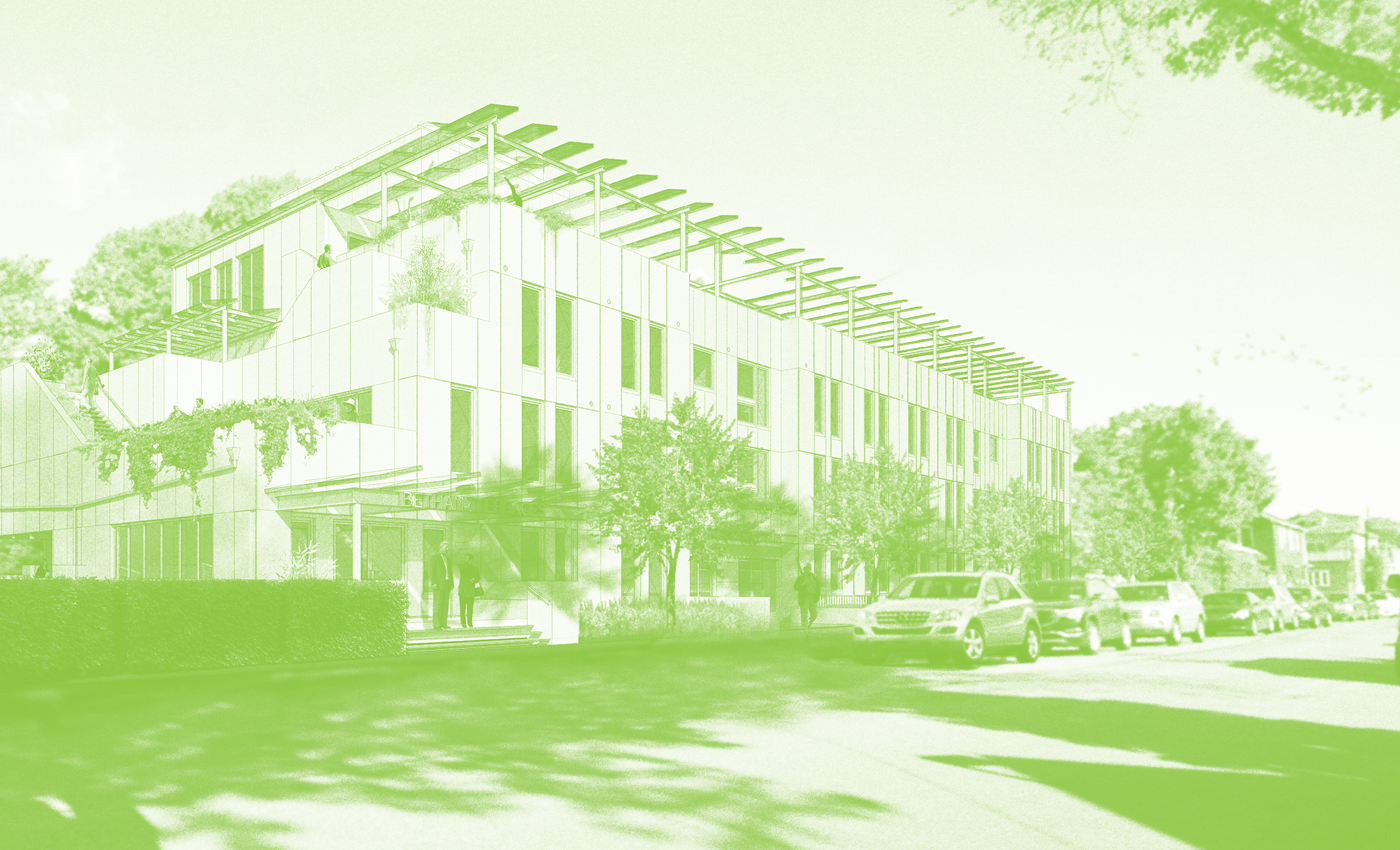
Intent:
To develop a database of measured energy performance data from low-carbon multifamily properties, which will guide the creation of utility cost benchmarks that can be used for underwriting low-carbon multifamily buildings.
The problem we’re trying to solve:
This project stems from an awareness that multifamily lenders and housing agencies often lack the data or experience with low-carbon multifamily buildings and are not equipped to accurately and readily underwrite loans optimized for low-carbon buildings.
Why this problem is worth solving:
▪ Financing low-carbon housing is always a challenge
▪ Providing tools, such as measured energy performance data from low-carbon multifamily properties and underwriting standards based on utility cost benchmarks, will help make underwriting more accurate and expeditious
▪ Removing financial barriers will accelerate the development of low-carbon multifamily projects, which is a key strategy to decarbonizing the building sector (and mitigating the affordable housing crisis)
Additional Project Partners
Community Preservation Corporation
Steven Winter Associates
NYC Housing Preservation & Development

Equity, Health, & Carbon Database for Multifamily Housing
A year-and-a-half-long effort to increase access to equity and health-focused data and reduce discrimination as the industry works to decarbonize affordable housing.
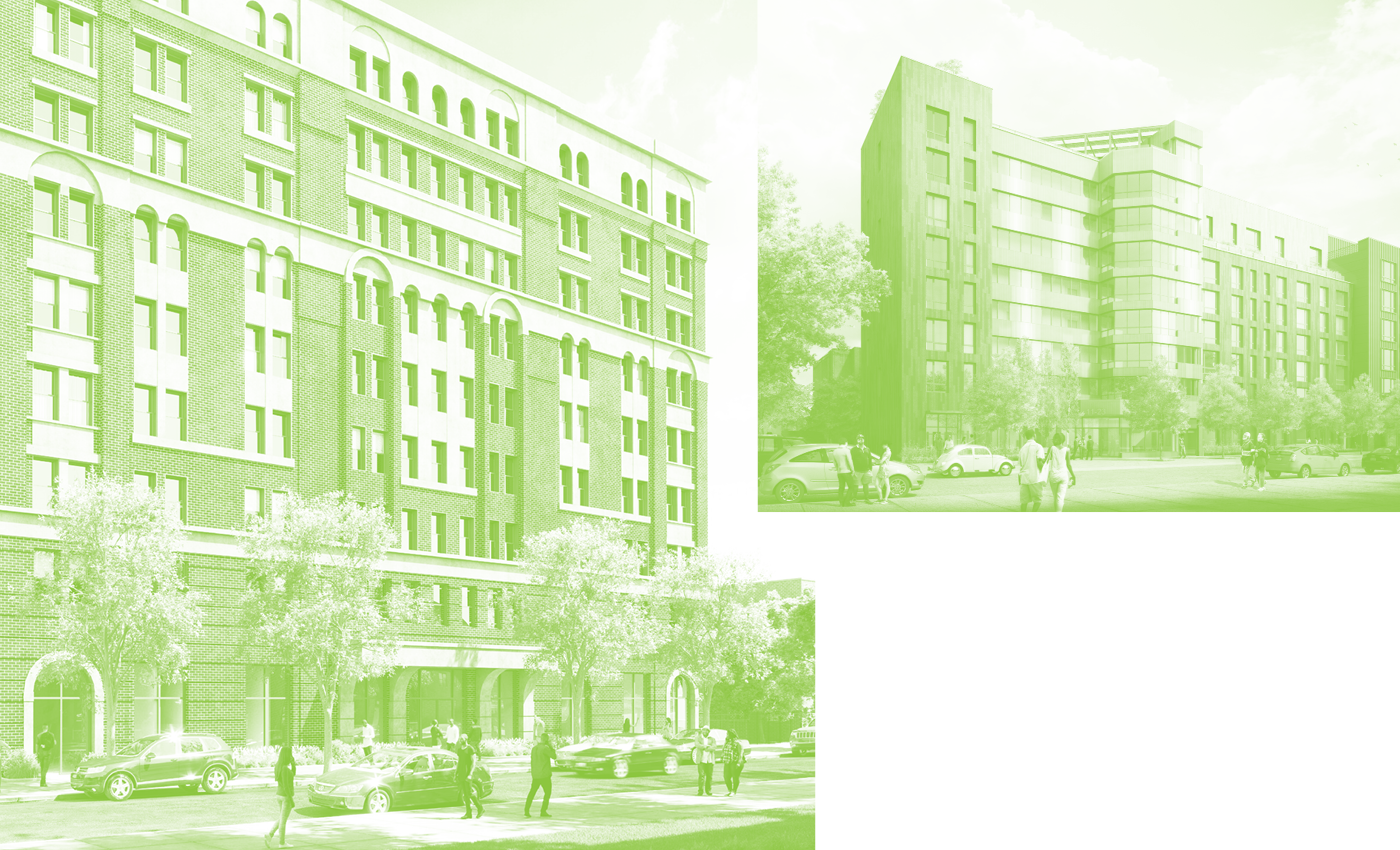
Intent:
To develop a research strategy for data collection and a detailed business plan, which will guide the creation of an intersectional, anti-racist, database of low-carbon multifamily housing that incorporates information and perspectives from affordable housing residents, especially people of color and low-income communities.
The problem we’re trying to solve:
This project stems from an awareness that existing building energy and decarbonization data sources often suffer from the fact that:
▪ bias is often baked into data collection and analysis which guides policy
▪ building energy disclosure policies can have poor data quality
▪ self-reporting can lead to low participation
▪ specific datasets may be challenging or impossible to access
Why this problem is worth solving:
▪ To achieve a just transition to a clean energy economy, equity and health must be prioritized and considered at each stage of any decision-making process
▪ Increasingly, building industry stakeholders are looking at a range of indicators – such as performance, carbon emissions, as well as social and quality of life metrics – to inform decisions ranging from investments, to capital planning, to underwriting, to fines and incentives
▪ Having access to reliable building data – including social, equity, and health metrics – is key to driving equitable market transformation within the housing sector. There is currently a gap in the availability of these social and equity metrics needed for a just transition
▪ Creating a data collection framework to ensure bias is not reinforced by these metrics is essential to increase equity and reduce discrimination as we decarbonize the building sector
Additional Project Partners
CoEquity Consulting
